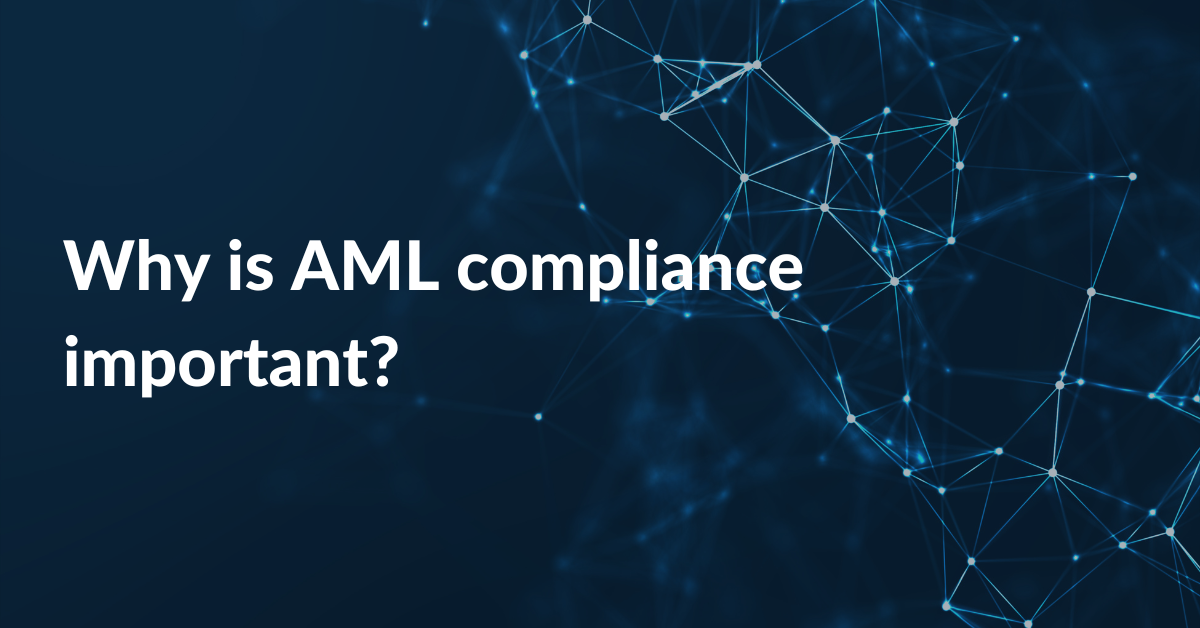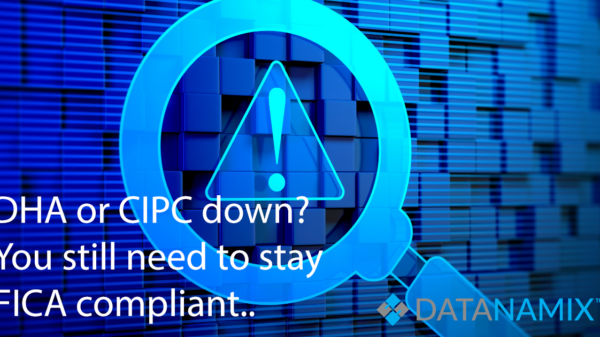Anti-money Laundering (AML) compliance is crucial for businesses operating in financial and regulated sectors. Without proper AML compliance, organisations risk exposure to fraud, money laundering, and regulatory penalties. AML compliance ensures that businesses follow strict guidelines to detect and prevent illicit financial activities. By implementing AML compliance measures, companies safeguard their operations, protect customers, and maintain their reputations. Ultimately, AML compliance is not just a regulatory requirement but a fundamental necessity for maintaining trust in financial systems.
How to be FICA complaint in South Africa
In South Africa, both individuals and businesses must adhere to the Financial Intelligence Centre Act (FICA). To comply, individuals need to provide valid identification and proof of address, such as a South African ID or passport, utility bills, or bank statements.
For businesses, FICA compliance requires submitting key documents, including proof of registration, tax certificates, and details of directors and shareholders. Additionally, both individuals and businesses must report any suspicious or unusual transactions to their financial institution. Maintaining up-to-date FICA documentation is crucial for future compliance checks.
Solutions that help with AML compliance
Staying ahead of AML compliance requires a combination of robust policies, employee training, and technology-driven solutions. Some of the most effective tools for AML compliance include:
- Automated KYC (Know Your Customer) and KYB (Know Your Business) solutions – These help verify identities, screen against sanction lists, and assess risks in real time.
- Transaction monitoring systems – AI-powered tools detect unusual financial activities and flag suspicious transactions for further investigation.
- Regulatory reporting software – Automates the process of submitting compliance reports to authorities, ensuring timely and accurate filings.
- Risk assessment frameworks – Identify and mitigate money laundering risks associated with customers, transactions, and business operations.
Benefits of AML compliance
Adhering to AML regulations brings several benefits beyond just avoiding legal penalties:
- Protects businesses from financial crime – Reduces the risk of fraud, money laundering, and other illicit activities.
- Builds customer trust – Consumers and partners are more likely to engage with businesses that prioritise security and compliance.
- Enhances reputation and credibility – Regulatory compliance demonstrates a commitment to ethical business practices.
- Prevents financial penalties – Non-compliance can result in hefty fines and reputational damage.
- Improves operational efficiency – Automated AML solutions streamline compliance processes, reducing manual effort and human error.
How Datanamix ensures AML compliance
Datanamix provides cutting-edge AML compliance solutions tailored to businesses in South Africa and beyond. Our solutions help businesses stay FICA compliant by offering:
- Seamless KYC and KYB verification processes
- Real-time PEP and sanction screening
- Automated transaction monitoring and suspicious activity reporting
- Regulatory guidance to ensure businesses meet the latest AML requirements
By leveraging Datanamix’s AML compliance solutions, businesses can confidently mitigate financial risks, meet regulatory obligations, and focus on growth.
Get in touch with Datanamix today to ensure your business stays compliant and protected against financial crime.
Want to learn more about the importance of AML checks? Read our blog here.


































